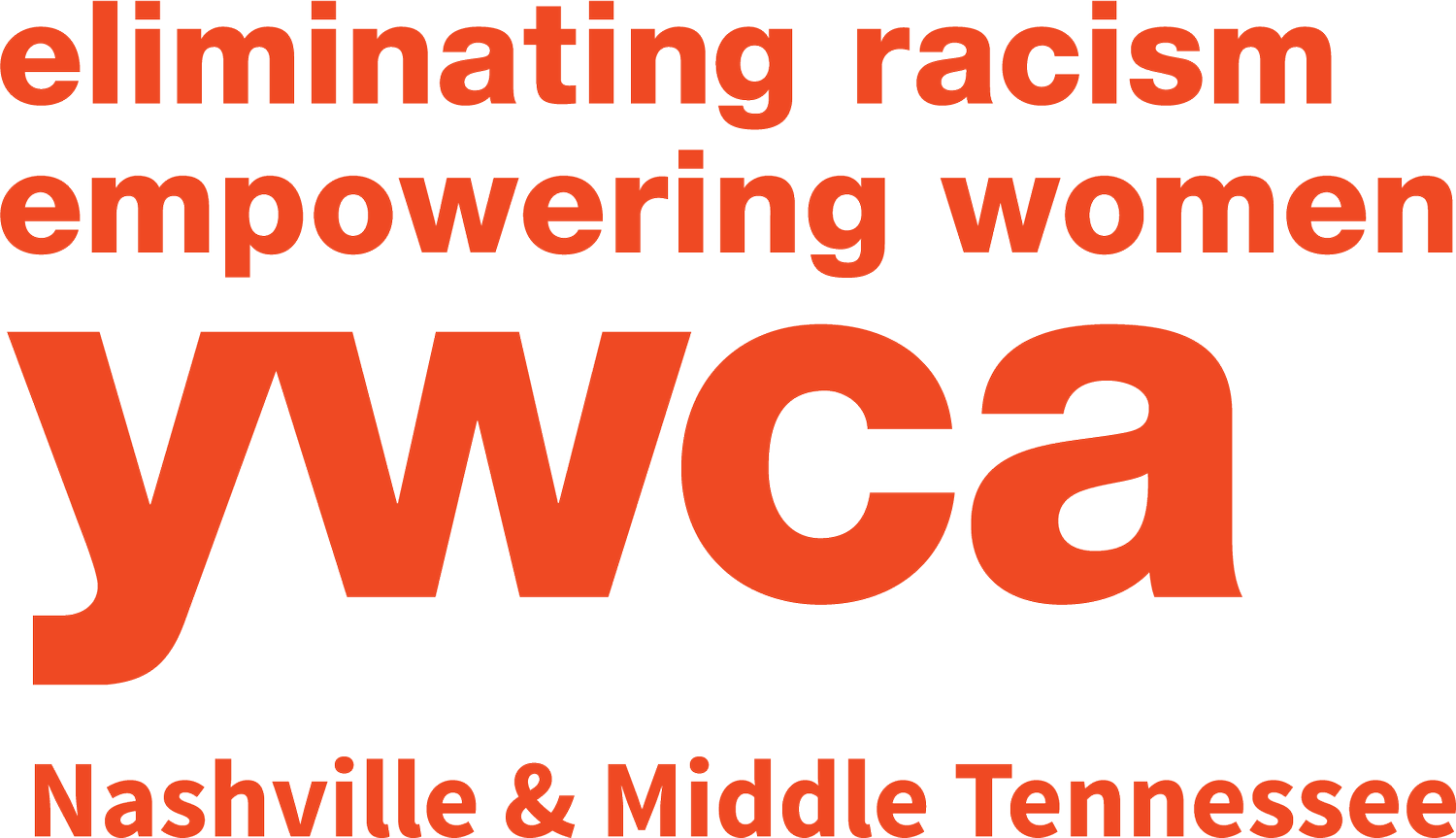Metro Police Have A New Tool Aimed At Preventing The Deadliest Domestic Violence (WPLN-FM)

Overcrowding at one of Nashville's crisis shelters is actually a good sign to domestic abuse experts. It means a new approach to identifying victims most at risk of being killed by their husbands, wives or former lovers is working.
Last year, Nashville police answered more than 17,000 calls reporting abuse by intimate partners — the deadliest form of domestic violence.
Today when officers respond, they take the victim aside — out of earshot of the abuser. And they ask them a series of questions known as the Lethality Assessment Protocol, or LAP.
Things like "Has the person ever threatened to kill you or your children? Do they have a gun that’s easily accessible to them? Have they ever tried to choke you?"
The questions are steeped in research. If a firearm is present, domestic violence victims are five times more likely to be killed. If they’ve been choked in the past, the risk is even greater.
Hearing that is often a powerful wake-up call for victims, says Tracy DeTomasi. She oversees the YWCA shelter.
"A lot of times victims are told they’re stupid, that no one will believe them," she says. "That it’s not as bad as they say it is, they’re making it up."
Now, as soon as a victim screens in as high-risk, Metro police have to call her shelter's hotline. Victims don’t have to speak with the crisis counselor, but DeTomasi says, more often than not, they do: "If that call already has to be made, and they’re already hearing the officer tell us what happened and create a safety plan, and say ‘Here, would you like to talk?’, they’re so much more likely to say yes.”
The LAP — first introduced in Maryland a decade ago — was adopted in Nashville in December. Five months later, Metro police had used it 2,700 times, and found more than half of victims to be high risk. In that time, the crisis hotline also received twice as many calls as it did all of last year and the YWCA shelter quickly went over capacity.
DeTomasi says, the more people know about it, the more they'll actually call the police — because they see the system will protect them, rather than hurt them further. To her, that's proof the new protocol is necessary for reducing domestic violence homicides. Tennessee has among the highest rates in the nation.
And, says DeTomasi, the LAP is also having a positive effect on law enforcement: "My staff compliment the police officers all the time because the police officers are looking to improve on how they interact with victims because they’re finding that it works. They’re saying, 'This victim doesn’t want to talk to you, this is what I said, is that ok? Is there anything else I should say or do?’"
Officer Terence McBride of the East Nashville Precinct admits he was initially a little wary of the change in protocol. But quickly realized that taking the time to look victims in the eye and offer concrete help was one of the best ways to intervene.
"I think the victims actually feel that sense of care," says McBride, "because the officers are not only offering them all the other things that we had to offer them in the past."
Now, instead of just urging them to go to a shelter, or handing out a brochure, police increasingly drive victims there themselves.
And McBride says, on his beat, he’s already witnessed something virtually unheard of prior to the LAP — at least one night without a single domestic violence call.
